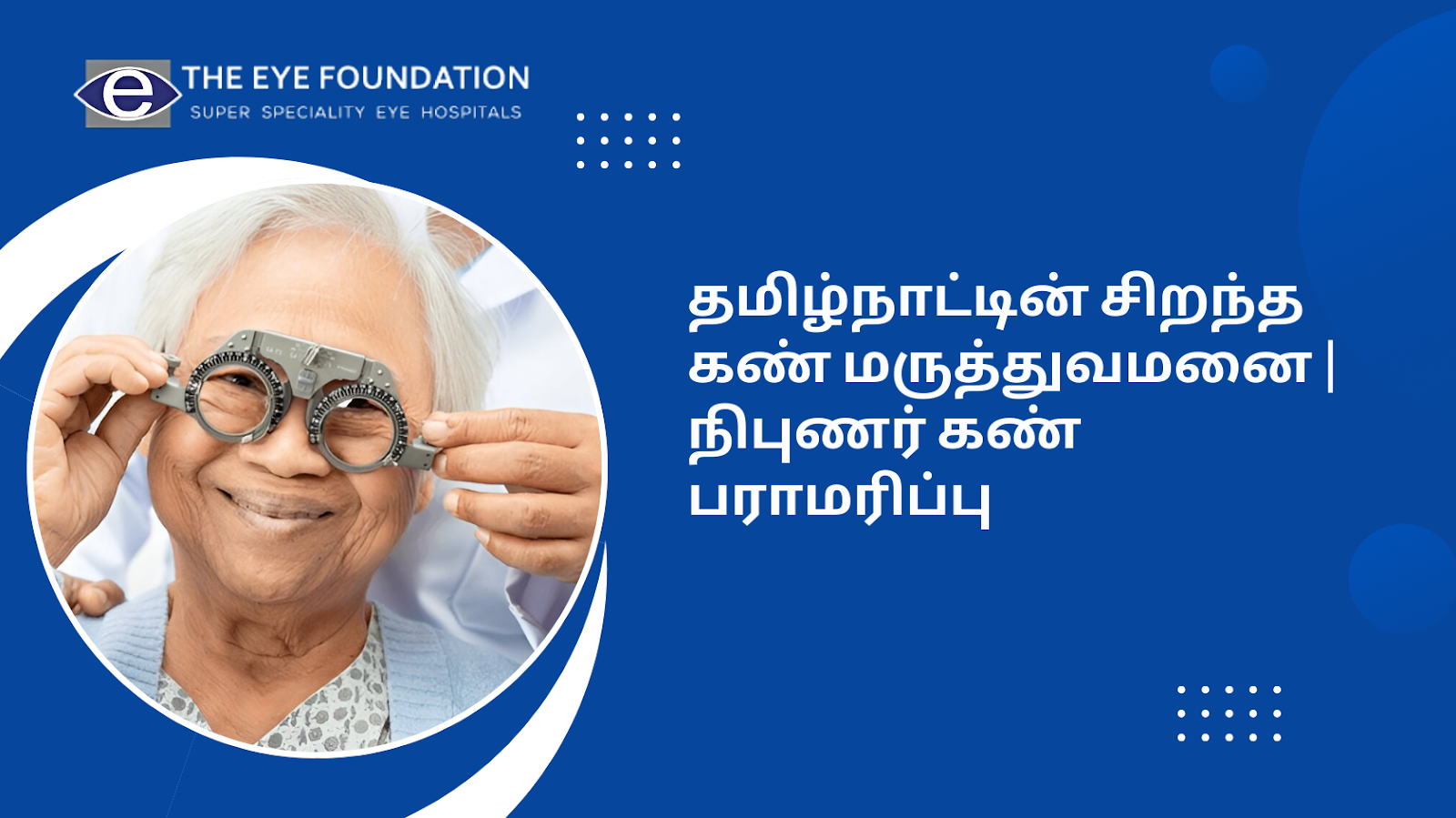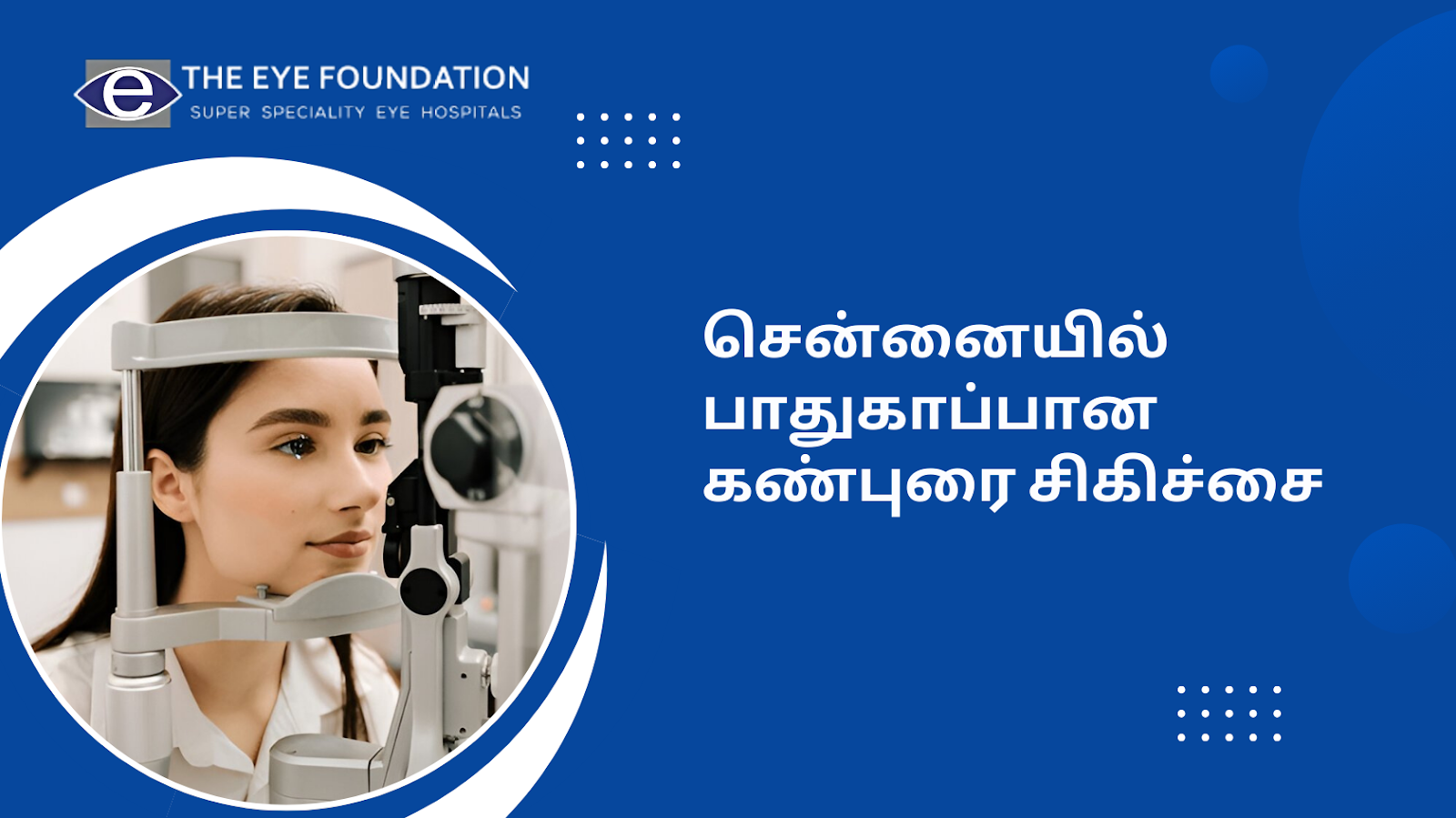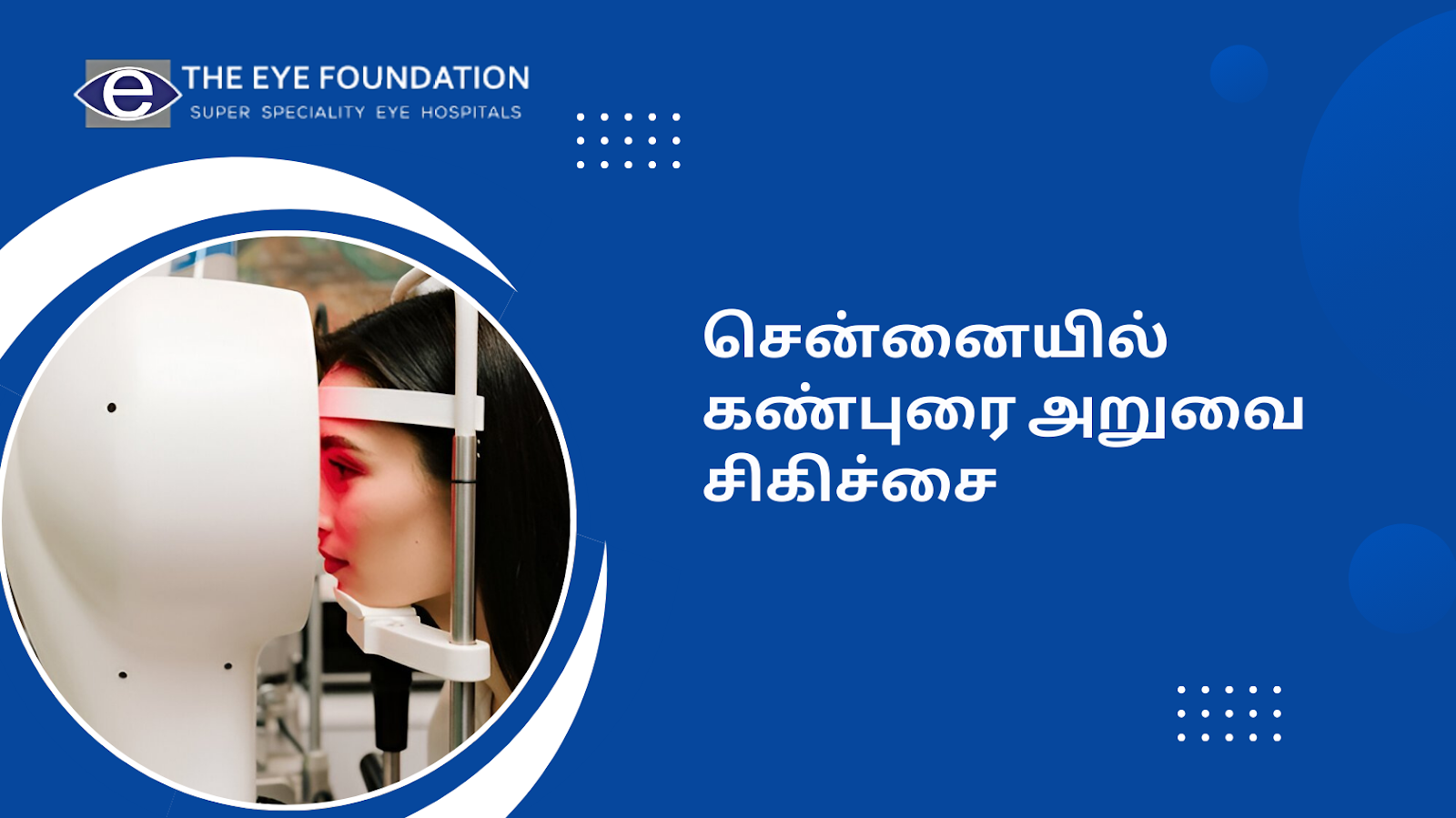Childhood eye misalignment, also known as strabismus, is more common than you might realize as a parent. Eye misalignment is the condition when both eyes are not looking in the same direction simultaneously. Simply stated, one eye may turn in, out, up, or down while the other eye remains straight.
Many parents are concerned that the only option to address the eye misalignment is surgery. The truth is that not all cases of childhood eye misalignment require surgery. There are non-surgical treatment options that are safe, effective, and intended to facilitate proper visual development in kids.
Let us look at the characteristics of eye misalignment and non-surgical treatment options.
What Causes Eye Misalignment in Kids?
There are multiple reasons why a child’s eyes may become misaligned:
- Muscle imbalance in the eyes
- Uncorrected refractive errors (like farsightedness)
- Congenital issues (present at birth)
- Neurological conditions or developmental delays
- Genetic factors (family history of strabismus)
Early diagnosis is key to preventing long-term vision problems like lazy eye (amblyopia) or loss of depth perception.
Common Symptoms of Eye Misalignment in Kids
If you're a parent, watch for these signs:
- Eyes that don't move together
- One eye turning in/out/up/down, especially when tired
- Frequent squinting or closing one eye
- Head tilting or turning to see better
- Complaints of double vision
- Difficulty focusing or reading
Eye Misalignment in Kids Treatment: Non-Surgical Options
Here are the most recommended non-surgical treatments for eye misalignment in kids:
1. Glasses
If the child also requires glasses to correct refractive error, their proficiency in wearing the glasses may significantly reduce the misalignment, particularly in cases of accommodative esotropia (inward turning of the eyes derived from congenital
2. Patching
For a child with an eye misalignment, there will be a measurable difference in the strength of the two eyes. The task of strengthening or making the weaker eye more pronounced can be achieved through patching the stronger eye and encouraging both to work together.
3. Vision Therapy
This is a specialized program of eye exercises that is individualized and particular to the child (similar to physical therapy). The main objectives of this program would be to improve coordination, focusing, and alignment, and it will often be combined with other treatments methods.
4. Prism Lenses
These special lenses bend light in a way that help both eyes focus at the same time, reducing strain and improving alignment.
5. Botox Injections
In some situations, some botulinum toxin can be injected into an eye muscle that temporarily weakens that muscle, allowing the eye to realign without surgery. This is not a long-term solution, but it can yield excellent results in some children.
When is Surgery Considered?
Surgery is typically considered only if:
- Non-surgical treatments aren’t effective
- The misalignment is severe
- There's a risk of permanent vision loss
- The cosmetic concern is significant and impacts the child’s confidence
But for many children, early and consistent non-surgical care can completely avoid surgery.
What Should Parents Do Next?
- Early diagnosis is critical.
- Glasses and vision therapy work well for many.
- Each child’s treatment plan must be customized.
- Consult a pediatric eye specialist before deciding on surgery.
The Eye Foundation is a leader in eye misalignment in kids treatment utilizing safe non-surgical measures. Our professional pediatric ophthalmology team will be with you step-by-step to make sure your child receives their best care.
Book your appointment today! Begin your child’s vision correction today without the fear of surgery.






